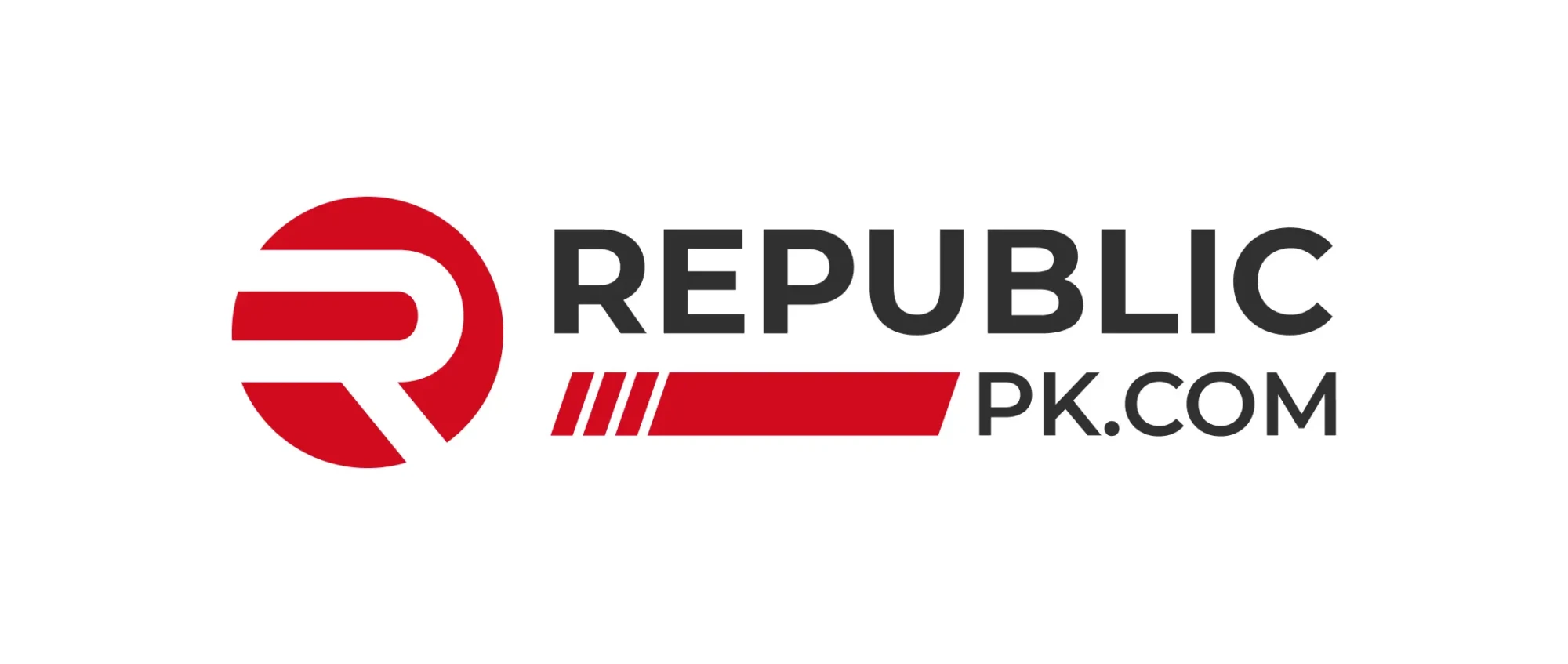Reuters Report: Meta’s Platforms Flooded With Scam Ads, Internal Papers Reveal

A special investigation by Reuters has uncovered internal Meta documents showing that the company expected a large share of its revenue to come from advertising linked to scams and banned products.
According to the report, Meta projected that in 2024 nearly 10% of its income, about $16 billion, would be generated from ads promoting fraudulent schemes, illegal gambling, and restricted medical goods. The documents also estimate that users on Facebook, Instagram, and WhatsApp were exposed to around 15 billion scam ads every single day.
The papers reviewed by Reuters suggest that Meta often allowed suspicious advertisers to continue operating unless its systems were more than 95% certain they were committing fraud. In cases where the company was less sure, it charged those advertisers higher rates instead of banning them outright.
Critics told Reuters that this practice shows how lightly regulated the online advertising industry remains. “If banks cannot profit from fraud, tech companies should not be allowed to either,” said fraud examiner Sandeep Abraham, a former Meta safety investigator.
Meta, in response, disputed the findings. Company spokesman Andy Stone said the internal estimates were “rough and overly inclusive” and argued that many legitimate ads had been counted in the figures. He added that Meta has removed more than 134 million scam ads in 2025 and reduced user complaints about such content by 58% over the past 18 months.
Still, the documents reviewed by Reuters indicate that Meta’s platforms have become a major channel for global fraud. One internal review even concluded that “it is easier to advertise scams on Meta platforms than Google.” Regulators in the U.S. and U.K. are now investigating the company’s role in financial scams, with Britain’s watchdog reporting that Meta was linked to more than half of all payments-related scam losses in 2023.
The report also highlights Meta’s balancing act: while pledging to cut scam-related revenue in the coming years, the company has set limits on how much income it is willing to lose from stricter enforcement. Internal memos show executives planned only gradual reductions, aiming to bring scam-related revenue down from 10.1% in 2024 to about 7.3% in 2025.
Reuters notes that despite promises of improvement, Meta’s own research suggests its platforms remain central to the fraud economy, raising questions about how far the company will go to protect users when billions of dollars are at stake.

